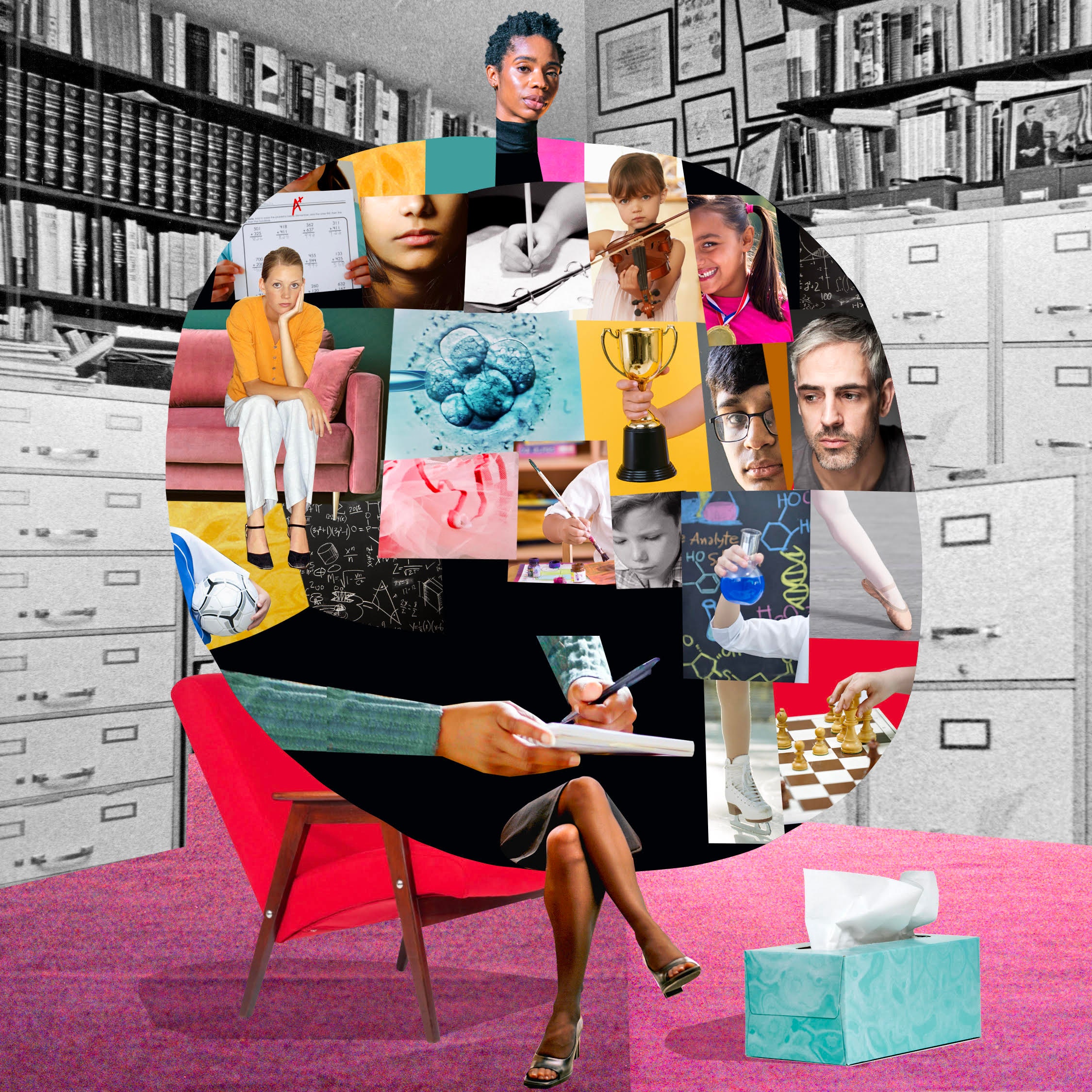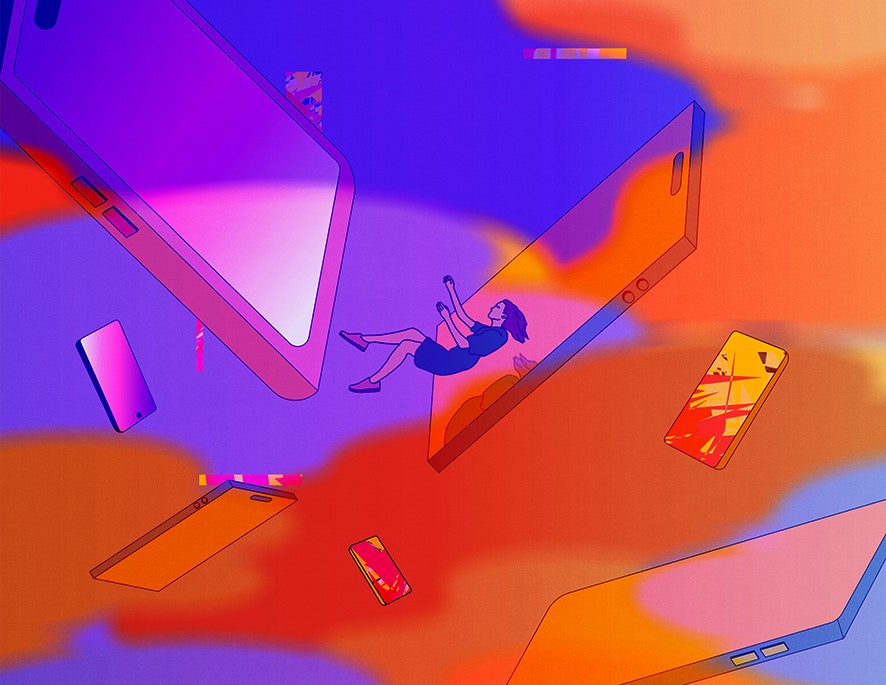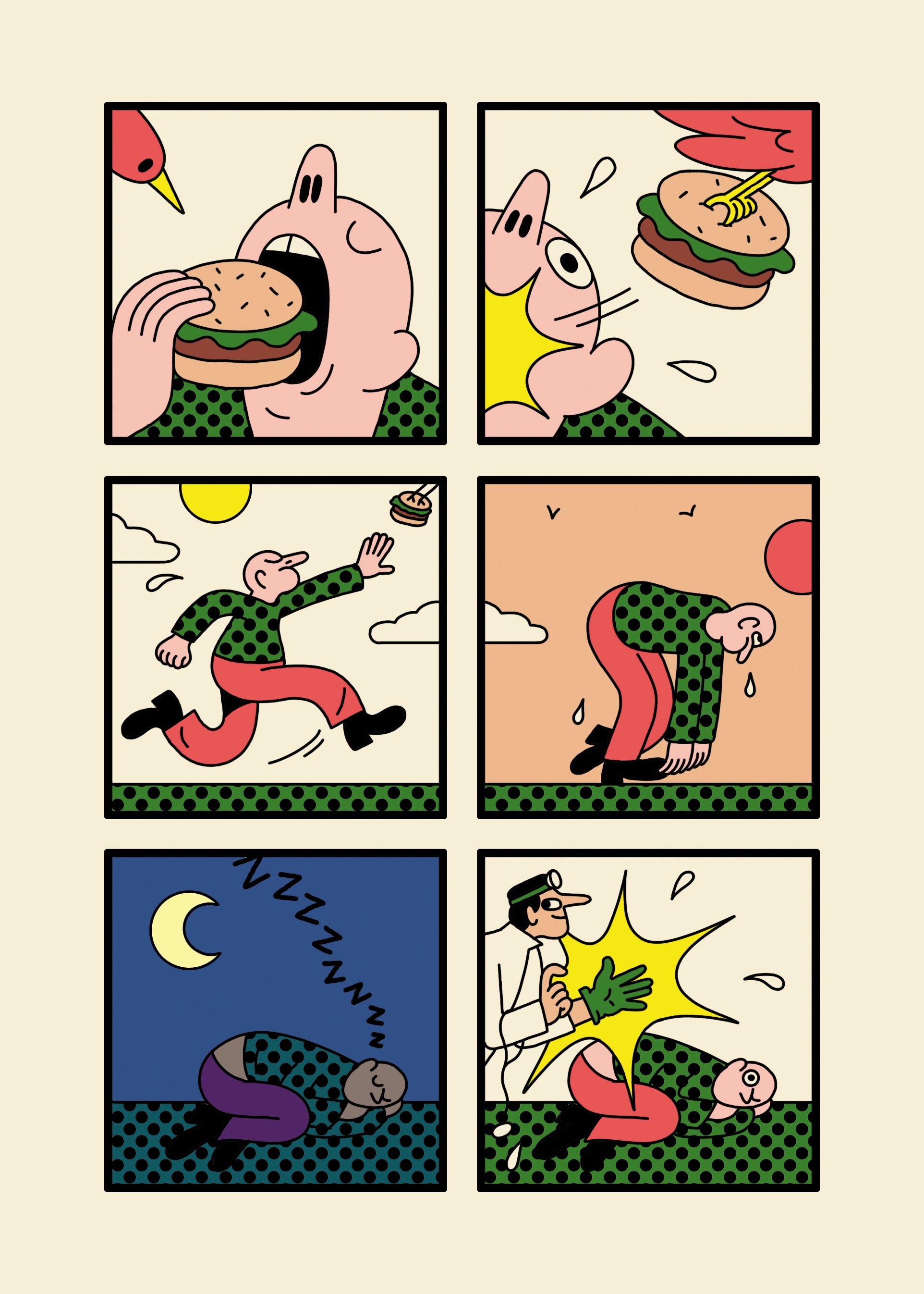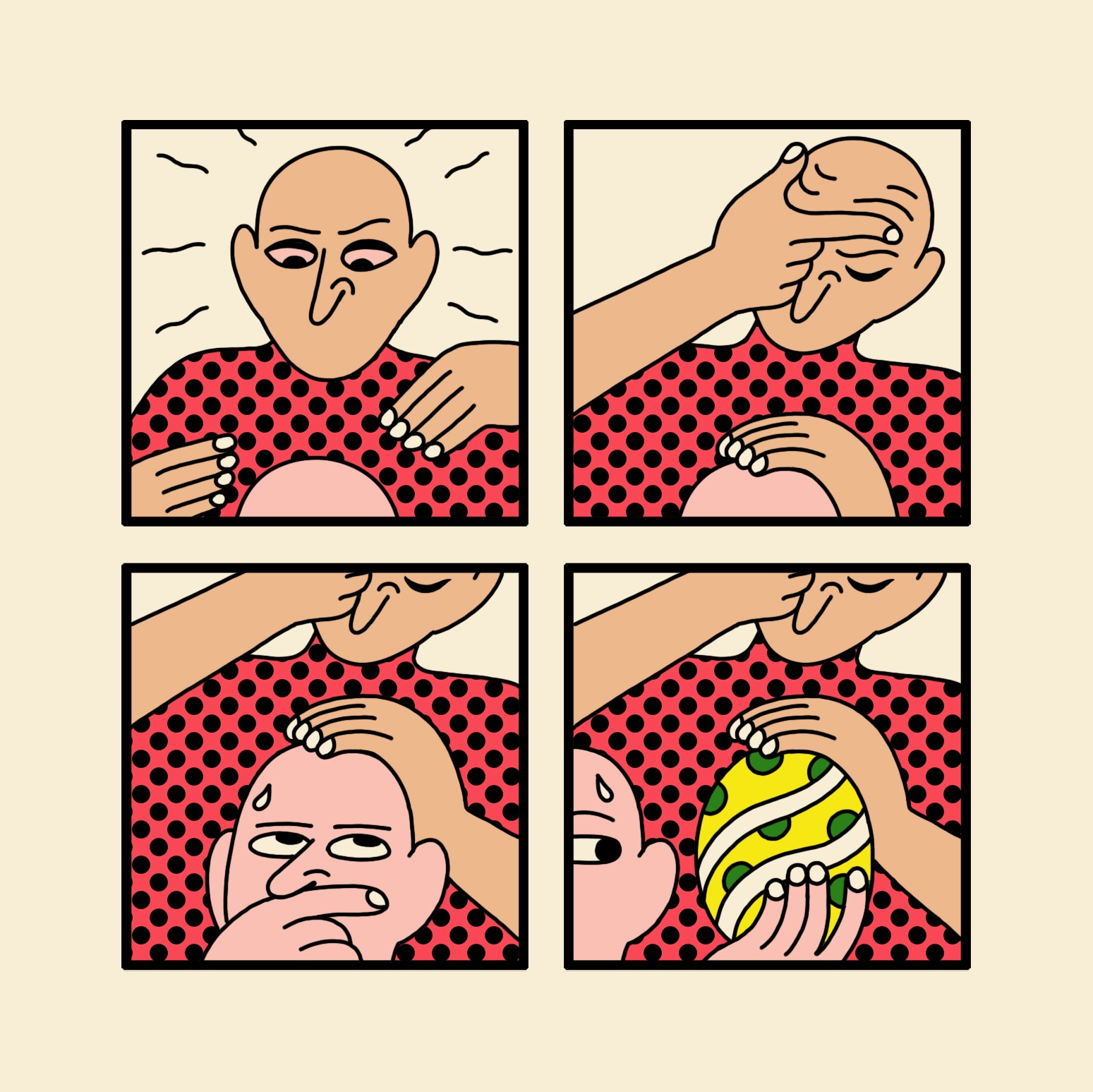Designer Babies Are Teenagers Now—and Some of Them Need Therapy Because of It

Designer Babies Are Teenagers Now—and Some of Them Need Therapy Because of It
With advancements in technology, designer babies are no longer just a concept from science fiction movies—they are now a reality. These babies, whose genetic makeup has been altered to include specific traits or characteristics, are now starting to reach their teenage years.
While many parents may have had good intentions in creating designer babies, some of these teenagers are now facing emotional and psychological challenges as a result. The pressure to live up to their genetically-enhanced potential, as well as concerns about their identity and sense of self, can take a toll on their mental health.
Therapists are now seeing an increasing number of designer babies seeking help for issues such as anxiety, depression, and self-esteem issues. They may struggle with feelings of inadequacy or a sense of not measuring up to the expectations placed upon them.
In some cases, these teenagers may also grapple with questions about their own autonomy and whether they were truly given a choice in their genetic modifications. They may feel a lack of control over their own bodies and identities, leading to feelings of resentment or anger.
It is important for parents of designer babies to be mindful of their children’s emotional well-being and to provide them with the support and resources they need to navigate these complex issues. Therapy can be a valuable tool in helping these teenagers process their feelings and develop coping strategies for managing their emotions.
As designer babies continue to grow up and enter adolescence, it will be crucial for society to consider the ethical implications of this technology and its impact on the mental health of the individuals involved. It is essential that we prioritize the emotional well-being of these teenagers and support them in their journey towards self-acceptance and self-compassion.
Ultimately, the story of designer babies serves as a cautionary tale about the potential consequences of manipulating genetics for aesthetic or desirable traits. It is a reminder that our humanity and individuality are precious, and that our true worth lies not in our genetic makeup, but in our ability to love and connect with one another.



